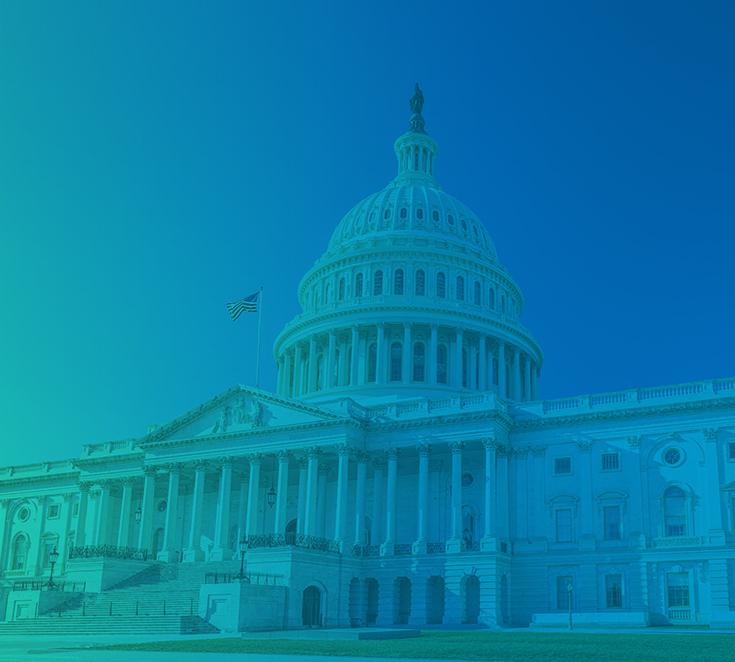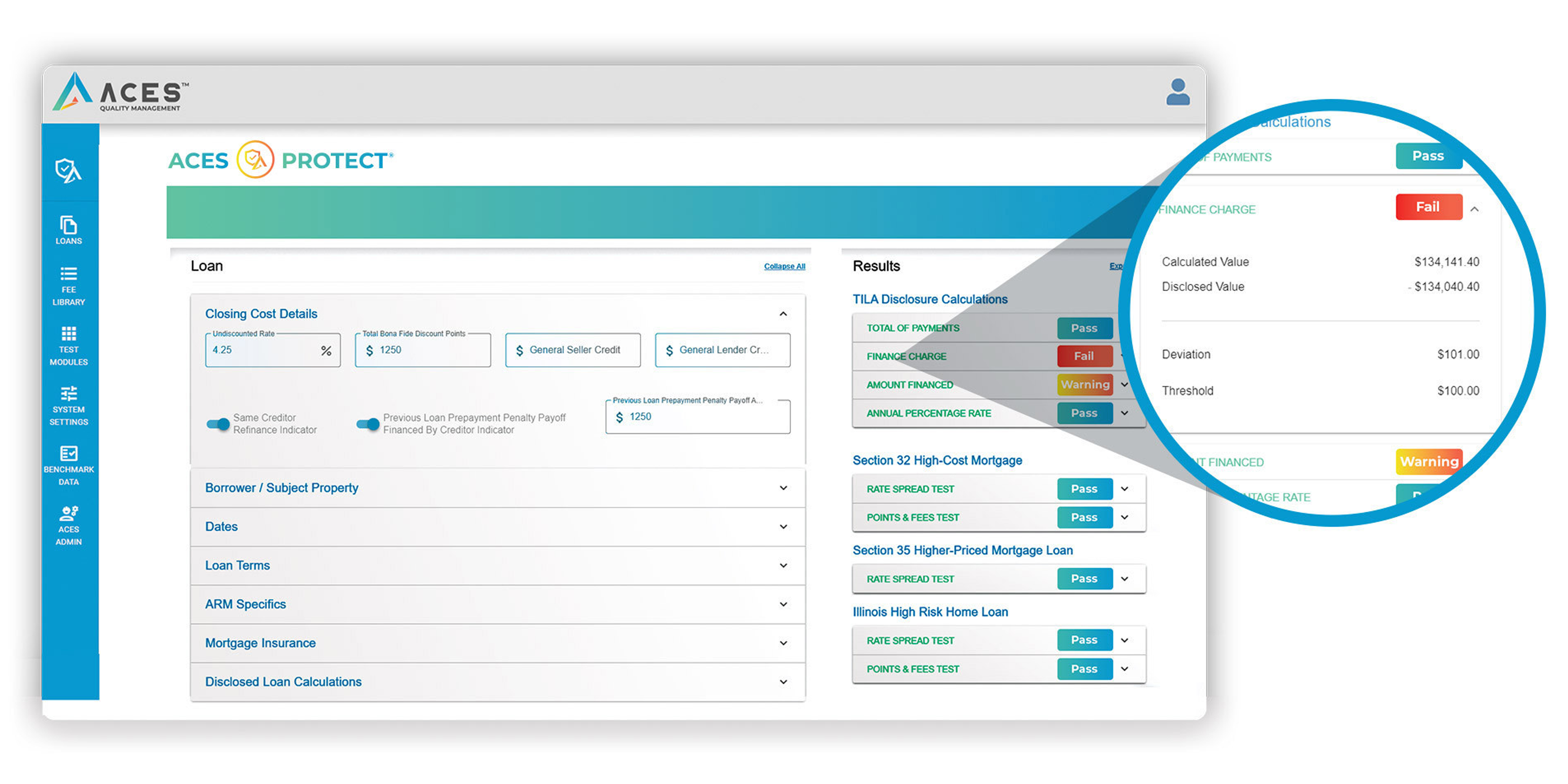Troutman Sanders LLP--Alan D. Wingfield, Virginia Bell Flynn, and Brooke K. Conkle
The Federal Trade Commission has announced that it is retaining the CAN-SPAM Rule as is, deciding to keep the Rule unchanged as a result of a regulatory review. Hence, any business that sends marketing email must redouble efforts to comply with the CAN-SPAM Rule.
What is the CAN-SPAM Rule?
The CAN-SPAM Rule establishes requirements for unsolicited commercial e-mail messages and provides consumers with the right to opt out of receiving those e-mail messages. The Rule requires businesses to use accurate header and subject lines in e-mails, identify the message as an advertisement, include a valid physical address, and offer consumers a way to discontinue receiving messages in the future. The CAN-SPAM Rule preempts conflicting state laws, establishing uniform federal requirements.
What are the CAN-SPAM requirements?
At a high level, CAN-SPAM’s requirements fit into three buckets:
- First, the message must accurately identify the sender both in header information and in the body of the message.
- Second, the message must accurately identify the subject matter of the email, including that it is an advertisement.
- Third, the message must provide recipients with the ability to opt-out of receiving future communications.
What did the FTC review?
The FTC sought public comment on the Rule in June 2017 as part of its regular review of all rules and guidance. The FTC specifically asked the public for commentary on whether the Rule is still necessary, the costs and benefits of the Rule, and whether changes needed to be made to the Rule to respond to technological and economic developments. The Commission also requested comments on whether the FTC should change the categories of messages categorized as “transaction or relationship messages,” shorten the time period for businesses to address opt-out requests, or specify additional activities or practices that the FTC might consider as aggravated violations of the Rule.
What was the decision?
Of the 92 comments the FTC received, virtually all were in favor of keeping the Rule. In its review, the FTC found that the Rule benefits consumers and does not impose a substantial economic burden on businesses. Consequently, the Commission decided to keep the Rule as-is, without any changes. All Commissioners voted in favor of publication of the Rule’s confirmation in the Federal Register.
Practical Implications
While CAN-SPAM issues do not generally trigger consumer litigation, lack of compliance can lead to complaints filed by consumers, agency action by the FTC, and be a trigger point for litigation and other consumer issues. The most important rule for CAN-SPAM is to have an active and easy to use unsubscribe link for your consumers to opt out of commercial emails.
Troutman Sanders regularly advises consumer-facing clients on an array of regulatory and compliance issues, including CAN-SPAM and other technology focused issues. We will continue to monitor these regulatory developments.




